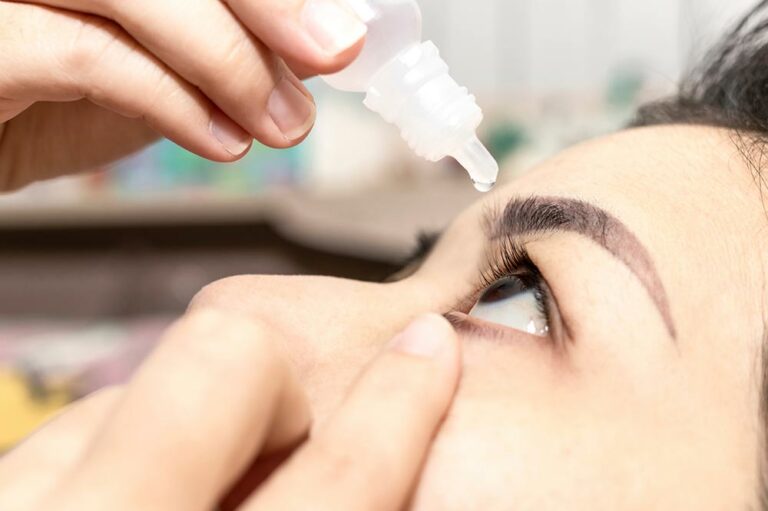
Impact of pain relief gummies – 8 factors to consider
Pain relief gummies have grown popular among individuals owing to their accessible and effective nature. People consider these chewable supplements a viable method to ease pain caused by various health conditions. Apart from their healing persona, the composition of pain relief gummies is also delicious. However, those who try any products for relief should be mindful of a few things before making it part of daily routine. Here are seven factors one ought to consider. Dosage and potency The amount one can take in a day will depend on factors such as their metabolism, body mass, and the extensiveness of the pain they experience. One should typically begin with a smaller dosage and steadily increase it until it becomes effective. The best way to ensure that the dosage and potency are ideal as per the requirement is to follow directives issued by the healthcare expert or manufacturer guidelines. Tolerance When an individual takes pain relief gummies regularly, the body may develop a tolerance to its active ingredients. Therefore, one might need to reassess the amount of gummies they require with time. An expert may recommend increasing the proportion gradually according to the condition of the patient. One should bear in mind that chewable supplements are not a permanent alternative to ongoing treatments for pain.
Read More 










